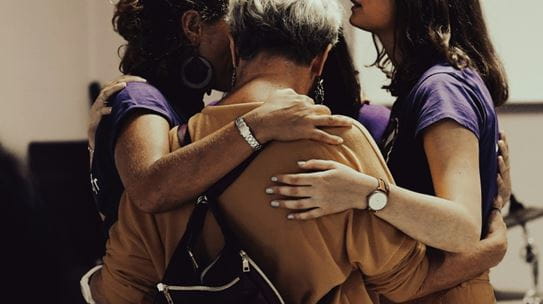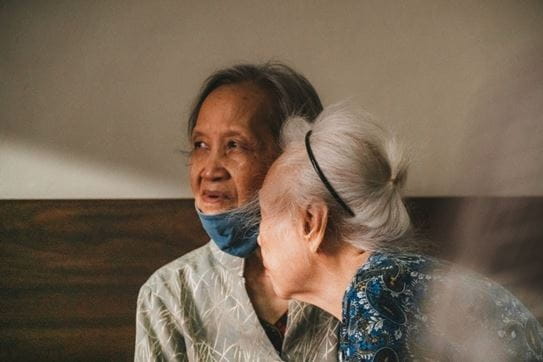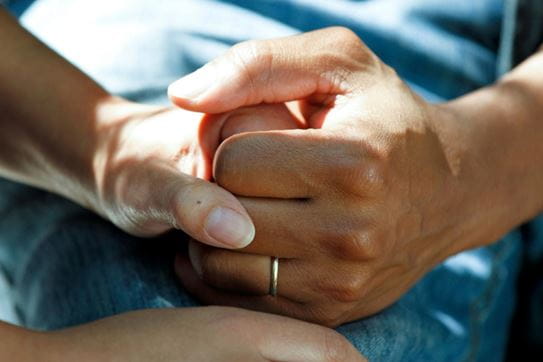When someone close to you is diagnosed with cancer, life changes are not limited to them. Becoming a caregiver can be a rewarding experience, but unexpectedly taking on new important responsibilities can be challenging.
As Canada’s population continues to increase and age, the number of cancer cases is rising. This also means that more people are becoming caregivers. According to Statistics Canada, roughly 7.8 million individuals in 2018 – or 1 in 4 people in Canada – provided care to a relative or friend with a long-term health condition.
If you have recently become a caregiver, you’re not alone. The experienced caregivers in our online cancer support community share their advice to new caregivers.
"Remember to take care of yourself so you can support the person you're caring for."
When you’re taking care of someone else, paying attention to your own physical, emotional and mental well-being can become very hard. However, looking after yourself when you’re a caregiver is an important part of caring for others. Caregivers who take care of their own needs and receive support are better able to care for someone else.
This includes looking after your own physical health by getting enough rest, eating well and finding ways to cope with stress. Taking care of your emotional and mental health can include taking breaks and time for yourself when it’s possible and sharing your feelings with people you trust.
For more tips on caring for yourself as a caregiver, read our resource on taking care of yourself.

"It's okay to ask for help – even if it's just for some company."
Part of caregiving is understanding what you can do, and when you need support. It’s okay to reach out to family, friends and your community. Support can come in many different forms. You may need help with practical things like housework, babysitting or a break from caregiving.
Sometimes, emotional support is equally important. You may just want someone to keep you company, or to talk to a friend about something other than cancer. Recharging during this time is important, and asking for help can make that possible.

"Prepare for emotional challenges – from both sides."
People living with cancer can become angry, anxious and can experience many complex emotions. It’s normal for caregivers to experience different emotions during this difficult time as well. Sometimes, you may even go through emotional challenges with the person you’re caring for.
Recognizing and being honest about your feelings can improve your communication with your loved ones and strengthen your relationship. Taking time to emotionally recharge is also important for both people. This can mean both of you finding your sources of peace and ways to manage your emotions.
For more tips, read coping with emotions.

"If or when caregiving comes to its natural end, honour their wishes."

"Accept the situation and focus on the present."

Being a caregiver to someone with cancer involves learning and adjusting to a lot. But there is plenty of information and support to help you navigate these new responsibilities.
Join our online support community and connect with other people with similar experiences.
